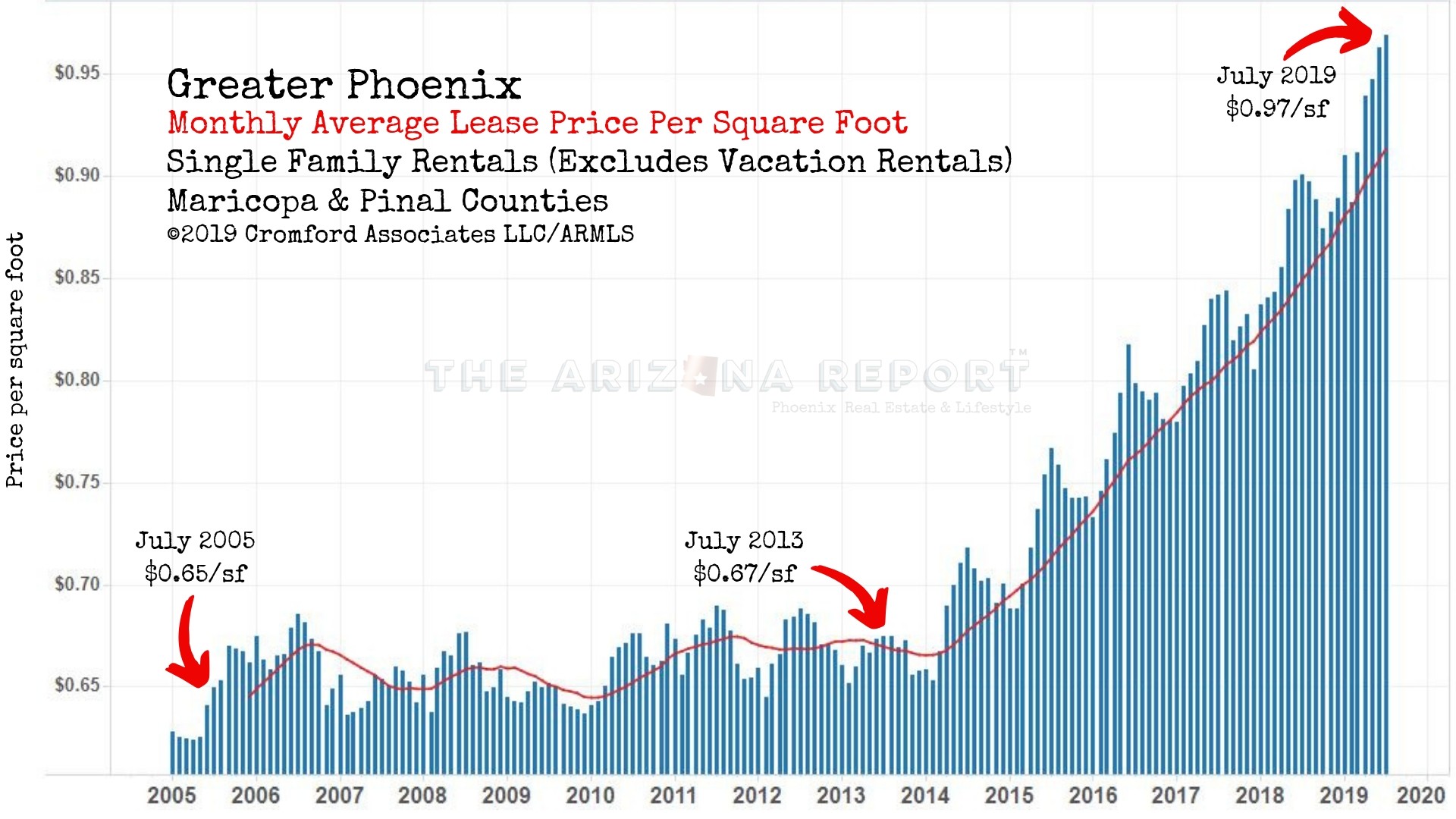- Fountain Hills Ties as Safest Zip Code in Phoenix - Oct 14, 2019
- How Many Single-Family Homes in Maricopa County? - Oct 13, 2019
- Investing in Multi-Family Real Estate in Your 20s - Oct 9, 2019
Robert Shiller is a Nobel laureate and Yale economist. In the late 1980s, he co-founded the S&P CoreLogic Case-Shiller index to track U.S. housing prices.
Government indices were unreliable at the time, according to Shiller. The Case-Shiller index tracks home prices nationally back to 1890. Now, his index is widely referenced by news outlets that track the real estate market.
In this interview with Phoenix radio KJZZ’s Heather Van Blokland, Shiller explains why the iBuyer models must use caution when evaluating properties for purchase. Shiller enters the audio interview at the 3:11 mark.
The iBuyer phenomenon is new in the last decade. The firms use Wall Street venture capital and algorithms to bring efficiencies to the home buying and selling process. They promote quick offers and closings for sellers without the traditional market efforts offered by Realtors. The iBuyers then attempt to resell the homes at a profit. The firms rely on computer models to evaluate offer prices and make bids. This is where Shiller sees the risk.
“If they don’t do the traditional research by getting an appraiser to look at the house…if they are going to buy it based on some computer program, they are doing a risky thing,” said Shiller. His company founded the first iBuyer model in 1991, but abandoned it after determining that buying homes with computer algorithms was fraught with challenges.
Phoenix is ground zero for iBuyers according to this article on ABC15. About 5% of all residential real estate transactions in greater Phoenix involve iBuyer companies. Notable firms in the Phoenix iBuyer space include Opendoor, OfferPad, Zillow Offers and as of this month, Knock.
However useful computer models may be, the one thing they cannot be is evidence. Computer climate models are simply conjectures.
– Nigel Lawson, British politician







